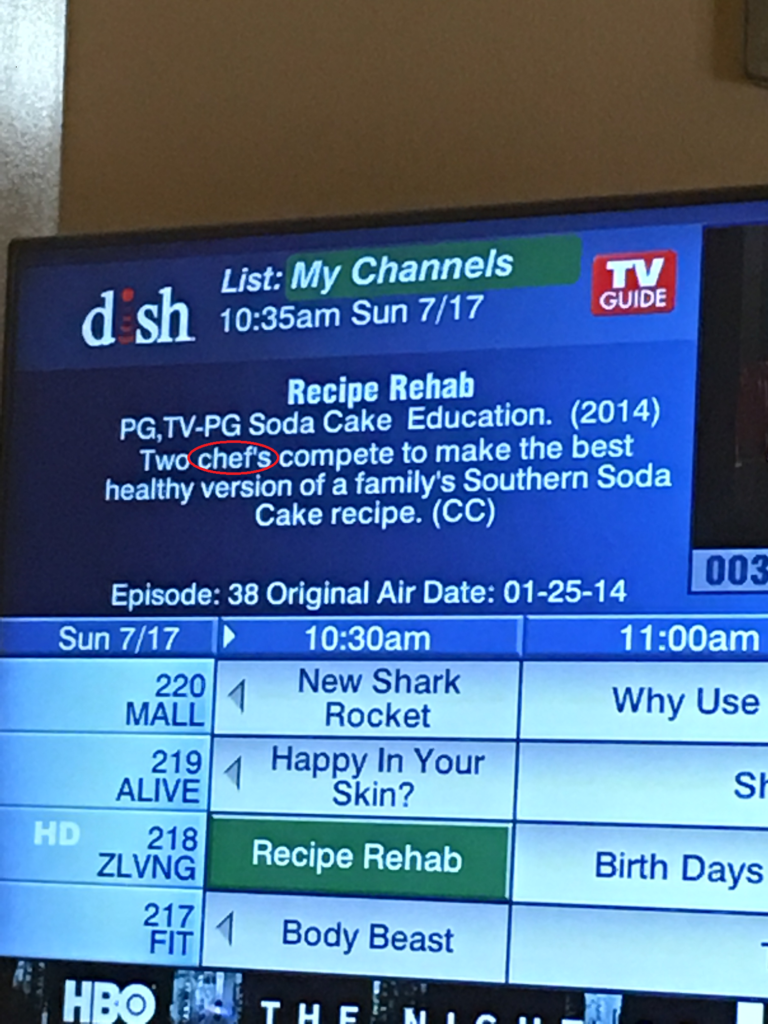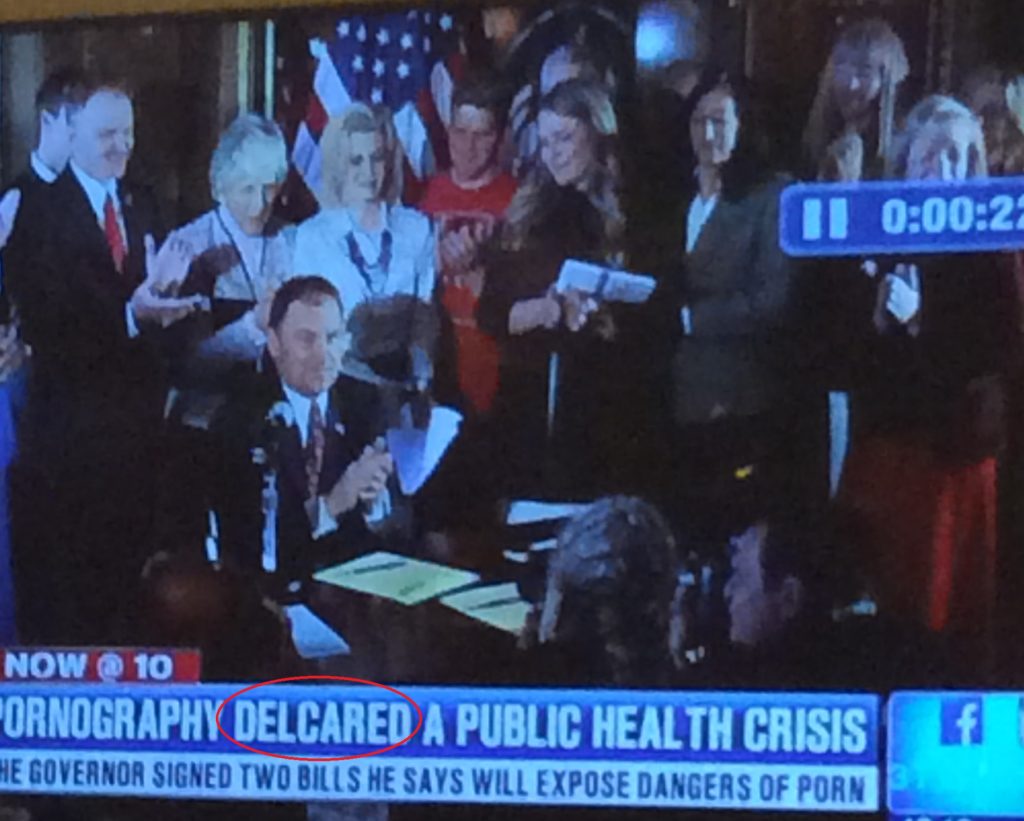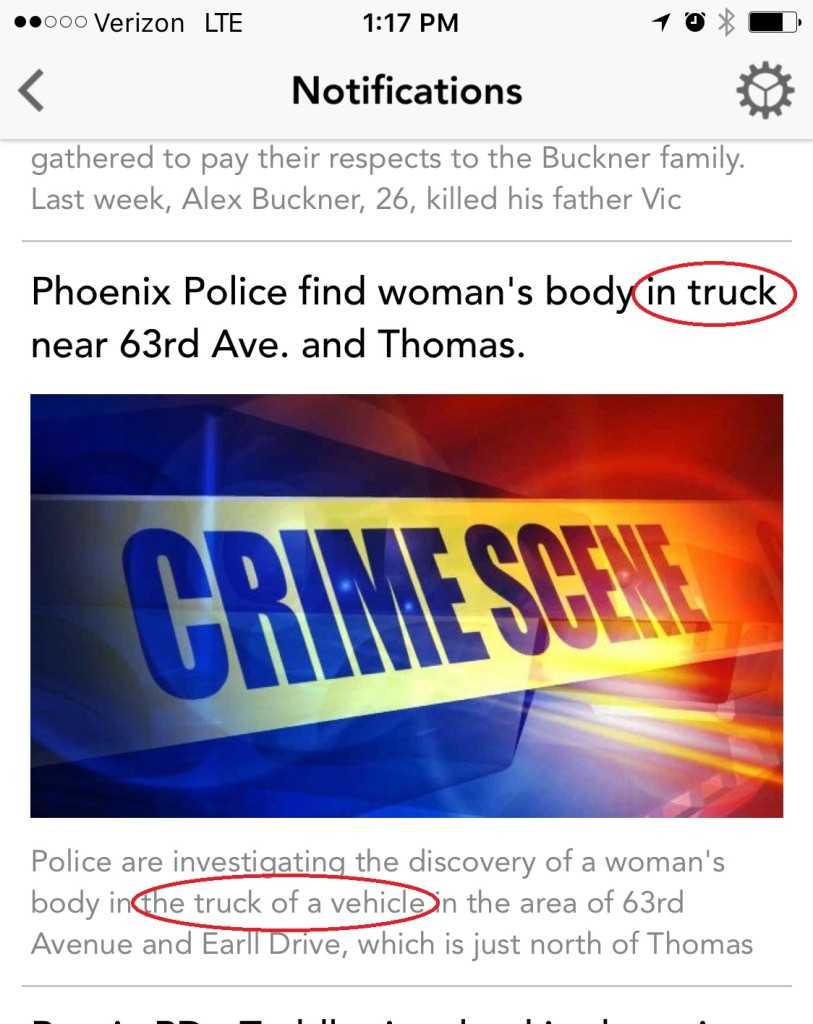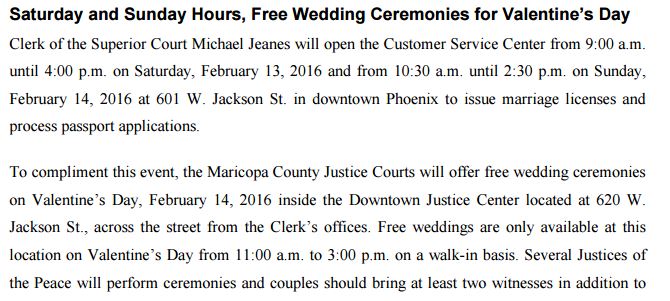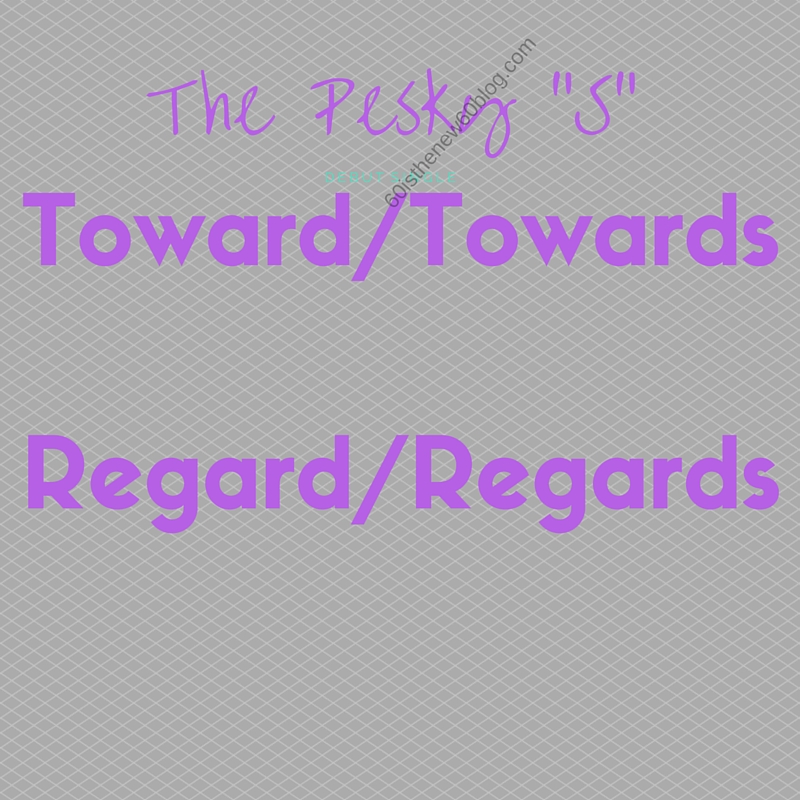 A reader has asked me to clarify use of toward/towards and regard/regards. Here are her examples:
A reader has asked me to clarify use of toward/towards and regard/regards. Here are her examples:
…is inflated and anticipates only minimal settlement contributions towards resolving … /… In regards to his injuries …./ … any update with regards to the motion?
According to the Gregg Reference Manual and the Chicago Manual of Style, in the case of toward/towards, both are correct, but toward is the more common usage in the U.S. However, British English uses towards. The general rule is the same for other directional words like forward, backward,upward, and downward, along with afterward. While it isn’t incorrect, if you are in the U.S., leave the “s” off.
As regards regard or regards, the word regards (a) is used as a way to introduce a topic, such as I did at the beginning of this sentence, and (b) means good wishes expressing respect, affection, or condolences, as in “She wanted to give him her regards at the wedding.” It is not a word that can be interchanged with regard. So when you want to say in regard to or with regard to, there is no “s.” It may be easier to reword the sentence rather than argue over whether regard or regards is correct. You can say “This email is in regard to your voice mail.” or you can say “This email concerns your voice mail.” The second choice is a little more clear and solves the regard/regards problem.
I hope that clears up this issue. Bottom line, unless you are outside the United States or giving someone good wishes, leave the “s” off each word.
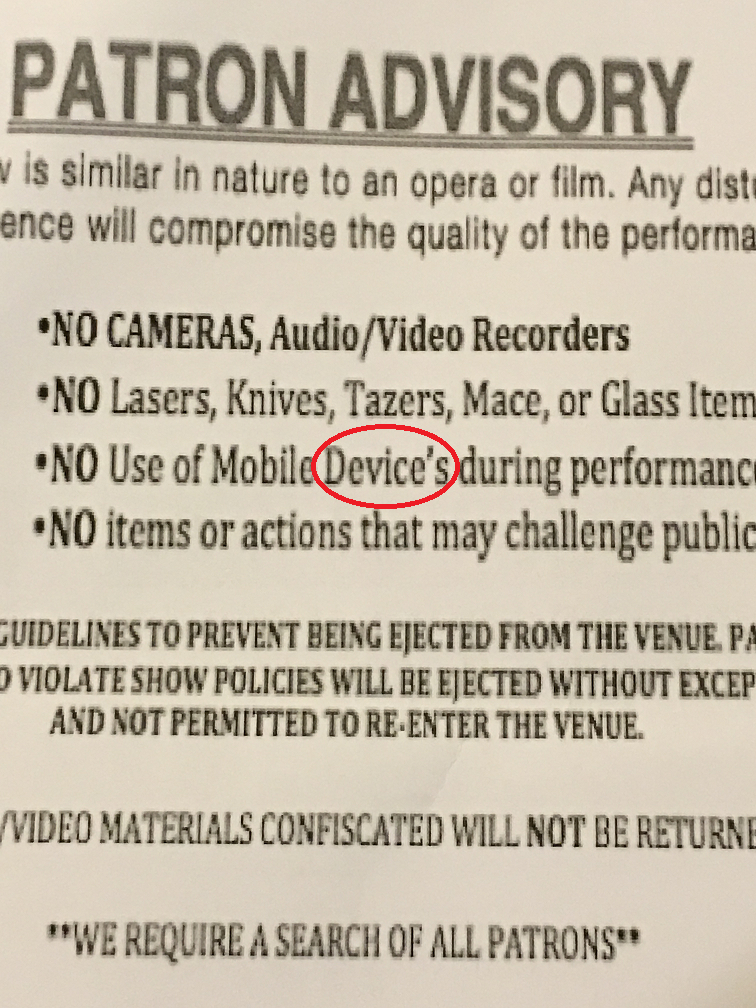


 Follow
Follow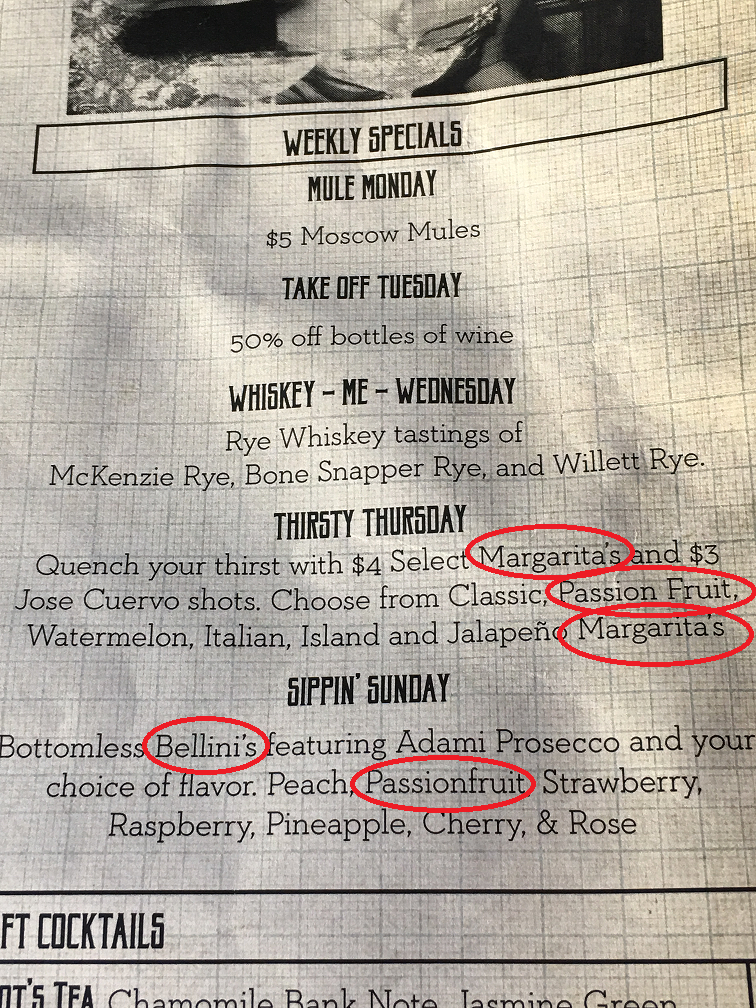
 A reader has asked me to clarify use of toward/towards and regard/regards. Here are her examples:
A reader has asked me to clarify use of toward/towards and regard/regards. Here are her examples: